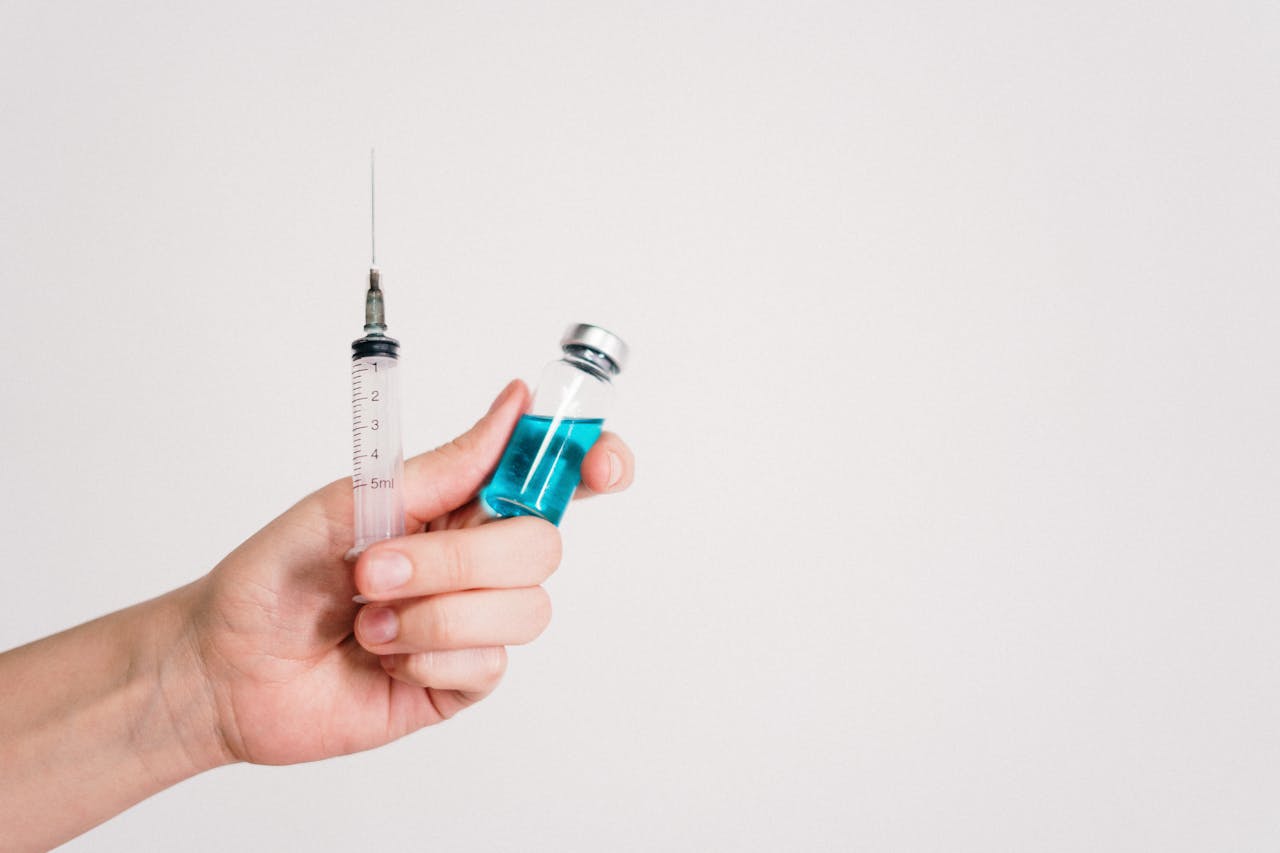Testosterone Therapy for Women: Beyond the Basics
When we talk about hormone therapy for women, testosterone doesn’t always get the attention it deserves. But it’s an important part of the hormonal puzzle, especially during menopause. Testosterone levels naturally decline as women age, and while testosterone is often associated with men, it plays a significant role in female health as well. Let’s explore an additional angle on whether testosterone therapy should be considered for women and what factors are often overlooked in the discussion.
Testosterone for Women: A Misunderstood Hormone?
In the world of hormone therapy, estrogen and progesterone are commonly prescribed to manage menopausal symptoms, but testosterone has been historically undervalued. This could be due to a lack of research, as testosterone therapy for women is relatively new compared to estrogen treatments. However, we now know that low testosterone in women can result in reduced libido, fatigue, and loss of muscle mass, similar to the effects seen in men.
Testosterone plays a role in:
- Muscle strength and endurance
- Bone health, helping to maintain density
- Sexual function, improving arousal and satisfaction
- Cognitive function, possibly helping with focus and clarity
A Balanced View: Testosterone Isn’t a One-Size-Fits-All Solution
One common misconception is that testosterone therapy is a miracle cure for all menopausal symptoms. In reality, its effectiveness depends largely on the individual’s health profile and existing hormone levels. For example, while testosterone can boost sexual function and energy levels, an imbalance can lead to androgenic effects, such as hair loss, increased body hair, or a deeper voice.
A key part of testosterone therapy for women is finding the right dosage. Too much testosterone can lead to side effects that outweigh the benefits, while too little may not relieve symptoms. Personalized hormone therapy, monitored by healthcare providers who specialize in bioidentical hormone treatments, is often more effective than a standardized approach.
Holistic Alternatives: Supporting Testosterone Naturally
Before jumping into hormone therapy, it’s important to consider natural ways to support testosterone levels in women:
- Resistance Training: Physical activity, particularly strength training, can naturally boost testosterone levels. Exercise improves overall hormone balance and also enhances mood and energy, tackling some of the common symptoms of menopause.
- Diet: Certain foods, like eggs, nuts, seeds, and fatty fish, are rich in nutrients that support natural hormone production. Additionally, avoiding processed foods and sugars can help balance overall hormone levels.
- Herbal Supplements: Herbs like tribulus terrestris and Maca root have been traditionally used to support hormone health, although more research is needed to determine their efficacy specifically for testosterone in women.
The Debate on Testosterone Therapy: What Are the Risks?
Though testosterone therapy has shown benefits for some women, it’s not without its risks. Some studies indicate that testosterone therapy, particularly at high doses or over a long period, can have negative effects on cardiovascular health. It may also lead to mood changes, aggression, or increased risk of liver disease if mismanaged.
For women considering testosterone therapy, the conversation should always be holistic, weighing the potential benefits against the long-term risks. In some cases, a combined approach—using a lower dose of testosterone with a focus on lifestyle modifications—might be the best solution.
Is Testosterone Therapy the Future for Menopausal Women?
With more research emerging, testosterone therapy is likely to gain greater traction as part of the broader conversation about hormone therapy for women. But, as with any treatment, individualization is key. Working with a healthcare provider to tailor the therapy to your specific needs—and incorporating a holistic approach to diet, exercise, and stress management—can create a healthier, more balanced path through menopause.


